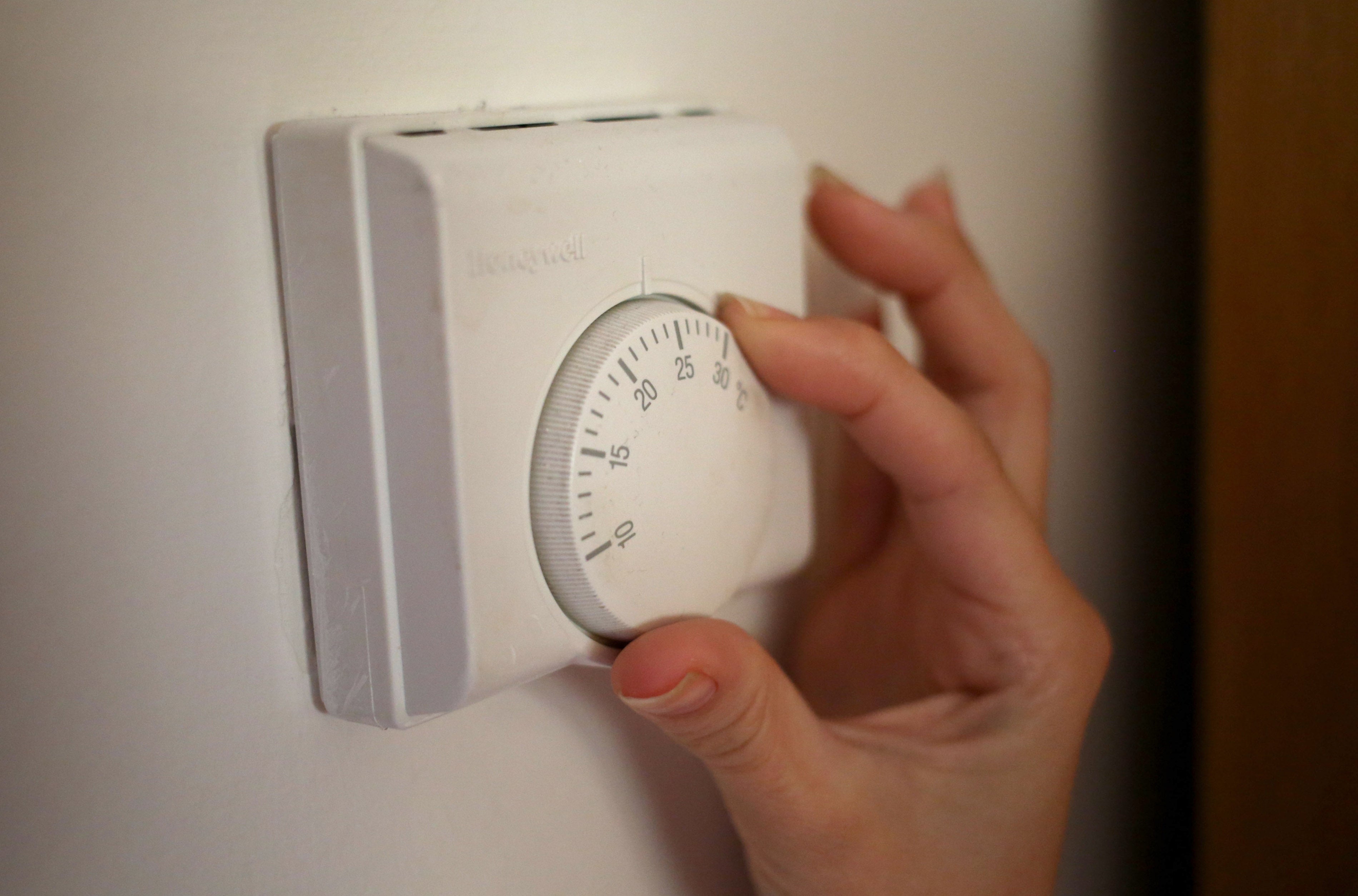Ease soaring fuel bills by shifting green levy to Treasury, Tory group says
The Conservative Environment Network argued that the temporary measure could provide some relief.

Your support helps us to tell the story
From reproductive rights to climate change to Big Tech, The Independent is on the ground when the story is developing. Whether it's investigating the financials of Elon Musk's pro-Trump PAC or producing our latest documentary, 'The A Word', which shines a light on the American women fighting for reproductive rights, we know how important it is to parse out the facts from the messaging.
At such a critical moment in US history, we need reporters on the ground. Your donation allows us to keep sending journalists to speak to both sides of the story.
The Independent is trusted by Americans across the entire political spectrum. And unlike many other quality news outlets, we choose not to lock Americans out of our reporting and analysis with paywalls. We believe quality journalism should be available to everyone, paid for by those who can afford it.
Your support makes all the difference.Ministers should help ease the cost of living crisis by shifting an environmental levy away from electricity bills and onto the Treasury a green Tory group has urged.
The Conservative Environment Network (CEN), which is backed by 116 Tory MPs argued that the temporary measure could provide some relief amid surging energy bills.
The Government is under increasing pressure to act, with experts predicting a 50% hike to bills in April, meaning an average household paying around £700 more per year.
Prime Minister Boris Johnson has dismissed calls to scrap VAT from household energy bills, and his Cabinet is split over whether to stop a National Insurance hike.
We could deliver that immediate cut to bills and at the same time redress the imbalance between electricity and gas
CEN director Sam Hall suggested one option to help ease the pain would be to temporarily shift environmental charges away from bills and onto the Treasury.
“One of the most attractive options would be to take some of the social and green policies off electricity bills and fund them from the Exchequer itself, at least in the short term,” he said.
“We could deliver that immediate cut to bills and at the same time redress the imbalance between electricity and gas.
“Given the amount bills are expected to go up in April it is worth stressing that removing some of the policies off bills would not be enough to unwind the entire rise.”
He stressed that the funding is underpinned by legally binding contracts so there can be no overall reduction in the green subsidy.
The energy price cap currently keeping bills down will be reviewed next month.
Experts believe soaring wholesale costs will mean a 50% rise in April when the change comes into effect.
That would cause an average household on a supplier’s default tariff to pay nearly £2,000 per year for their gas and electricity, compared with less than £1,300 today.